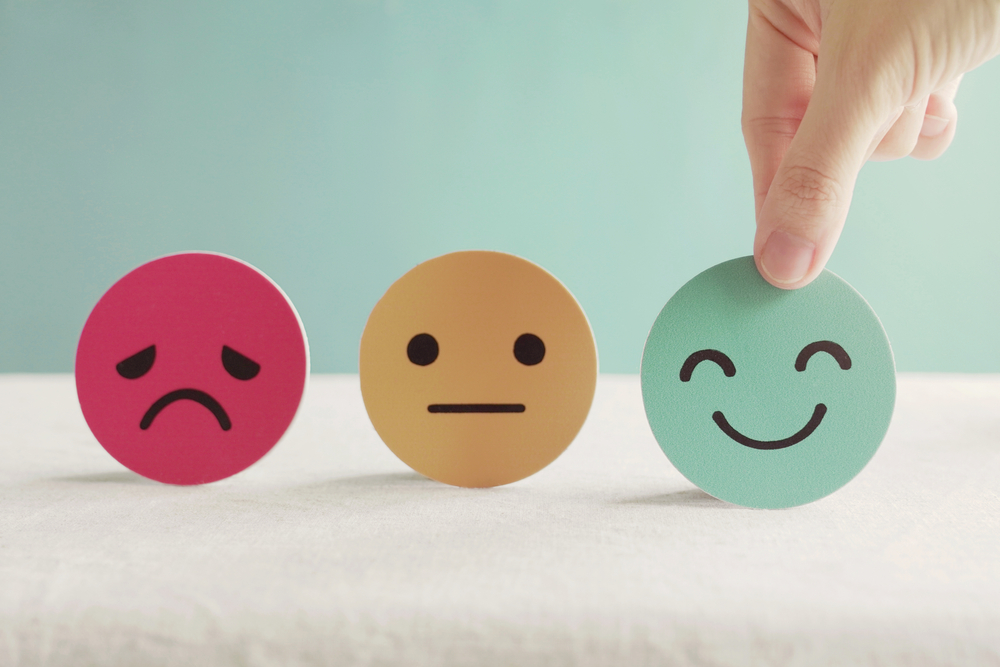Co-occurring disorders are more common than many people realize, with around 9.2 million Americans suffering from co-occurring disorders. Also known as dual diagnosis, refers to suffering from a mental illness and a substance use disorder simultaneously.
Treating co-occurring disorders requires an integrated approach. Both mental health conditions and substance use disorders must be addressed at the same time. Separate treatments are less effective, and recovery is less likely.
An interdisciplinary team of medical professionals works together on a comprehensive treatment plan. The journey is challenging, but hope and healing are absolutely within reach. Understanding co-occurring disorders and how to treat them properly is key to overcoming them.

Risk Factors For Co-Occurring Disorders
Several factors can increase your susceptibility to developing co-occurring disorders. These include:
Genetic and Biological Risk Factors
Genetics plays a significant role in the development of co-occurring disorders. If mental health issues or substance abuse run in your family, you may be at higher risk.
- Family History – If you have parents, siblings or grandparents with a mental health condition or addiction, you’re more prone to developing co-occurring disorders yourself. The risk is even higher if multiple family members are affected.
- Brain Chemistry – Some people are born with or develop imbalances in certain neurotransmitters like dopamine, serotonin and GABA that regulate mood and reward processing. These imbalances predispose certain individuals to mental health conditions, addictive behaviors or both.
- Early Use – Using drugs or alcohol during adolescence, when the brain is still developing, is a significant risk factor. Substance use at a young age increases the chances of addiction and other disorders in adulthood.
Environmental Risk Factors
Environmental factors play a significant role in the risk of developing a co-occurring disorder. The environments we are exposed to shape our experiences, behaviors, and mental health.
- Adverse childhood experiences (ACEs): Traumatic experiences during childhood, such as abuse, neglect, violence, or household dysfunction, can have long-lasting impacts on health and well-being.
- Peer influence: The company we keep and the social circles we are a part of strongly influence behavior and choices during adolescence and young adulthood. Peers who engage in substance misuse or other risky behaviors increase the likelihood of developing similar habits.
- Culture and environment: The culture and place we live in shape attitudes and access to substances, as well as stigmas around mental health issues. Some environments promote higher risk, such as living in a community with prevalent drug trade or misuse. Cultural values that encourage substance use or stigmatize mental health care also increase risk.
Co-Occurring Disorders Treatment
Co-occurring disorders require integrated treatment approaches. The most effective treatments combine behavioral therapies, medications, and recovery support services.
- Cognitive Behavioral Therapy: CBT helps change harmful thought and behavior patterns. It teaches coping strategies to avoid triggers and deal with cravings. CBT can be tailored for co-occurring disorders like schizophrenia, bipolar disorder, anxiety, and ADHD.
- Motivational Interviewing: Motivational interviewing helps build motivation for change. A therapist uses open-ended questions and reflective listening to explore a person’s ambivalence about substance use and find their reasons for change.
- Medication Management: Medications are often used to treat symptoms of mental health conditions, though they do not directly treat substance use disorders. Close monitoring is needed to minimize the risks of interactions and ensure medications are optimized for each individual.
- Integrated Group Therapy: Integrated group therapy, like dialectical behavior therapy (DBT) and integrated dual diagnosis treatment (IDDT), combines mental health and addiction treatment.
- Recovery Support: Ongoing recovery support helps maintain motivation and connect people to resources. This includes mutual help groups like 12-step programs or SMART Recovery, recovery coaching, housing assistance, job training, and social services.

Common Medications Used for Co-Occurring Disorder Treatment
Common medications are often prescribed to help manage symptoms of co-occurring disorders. The drugs and dosages will depend on your diagnosis, symptoms, medical history, and other factors. Some of the major medication types used for co-occurring disorders include:
- Antidepressants: Medications like selective serotonin reuptake inhibitors (SSRIs) are typically the first choice for treating disorders like depression, anxiety, PTSD, and OCD. Examples include escitalopram (Lexapro), sertraline (Zoloft), and fluoxetine (Prozac).
- Antipsychotics: For conditions like bipolar disorder, schizophrenia, and psychotic disorders, antipsychotics may be used. Drugs such as olanzapine (Zyprexa), risperidone (Risperdal), and quetiapine (Seroquel) can help reduce symptoms like delusions, hallucinations, and mania.
- Mood Stabilizers: Lithium is a common mood stabilizer used for bipolar disorder. It works by balancing chemicals in the brain that affect mood and behavior. Other options include lamotrigine (Lamictal) and valproic acid (Depakote).
- Anti-Anxiety Medications: For anxiety disorders and panic disorders, sedatives like clonazepam (Klonopin) or lorazepam (Ativan) may provide relief from symptoms like worry, panic, and insomnia.
- Stimulants: Medications like methylphenidate (Ritalin) or amphetamine/dextroamphetamine (Adderall) are stimulants that can help reduce symptoms of inattention and hyperactivity in ADHD.
Reach Out To Riviera Recovery Today
If you or someone you know is struggling with a co-occurring disorder, the most important first step is to reach out for help. At Riviera Recovery, we understand how difficult it can be to take that first courageous step.
Don’t lose hope. Help is absolutely within your reach. Call Riviera Recovery today at 855-207-9708. Our caring staff is standing by 24 hours a day, 7 days a week, to answer any questions you may have and help get you started on your journey to recovery.


